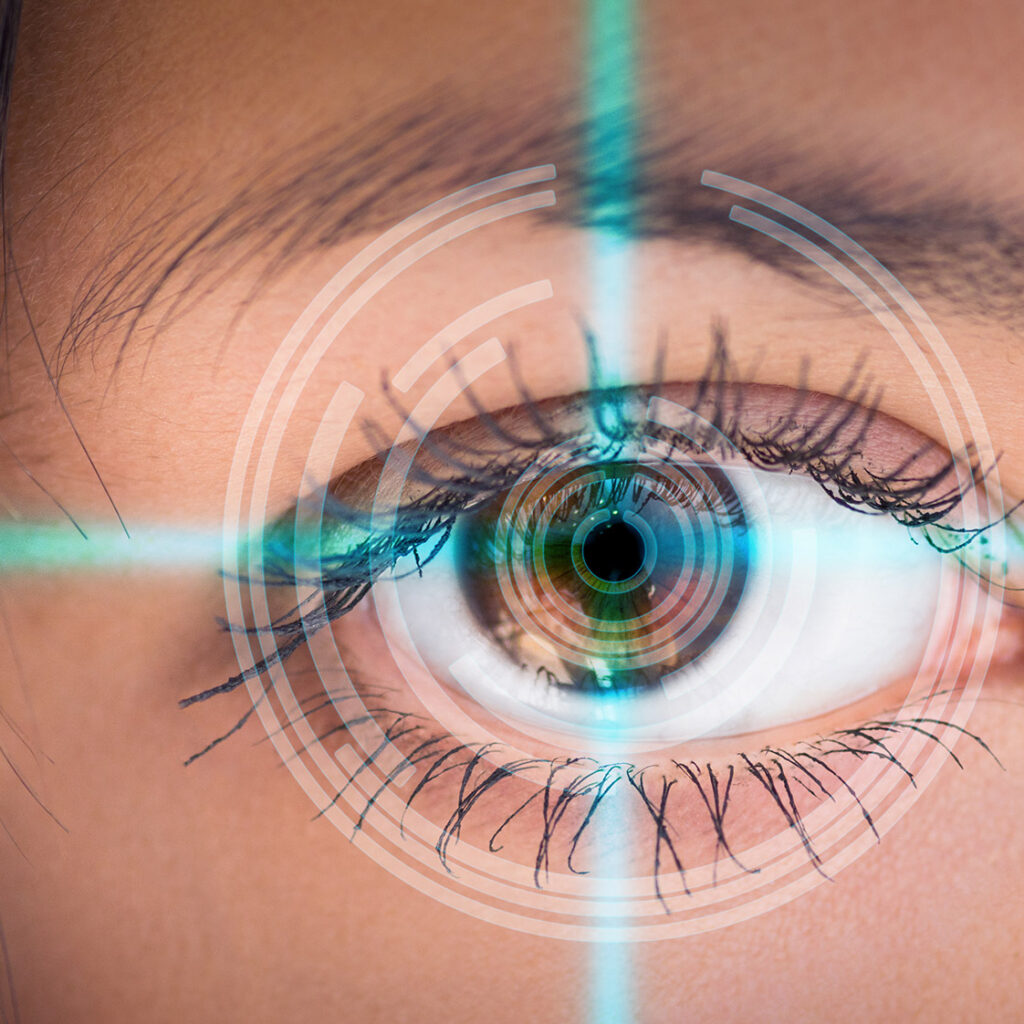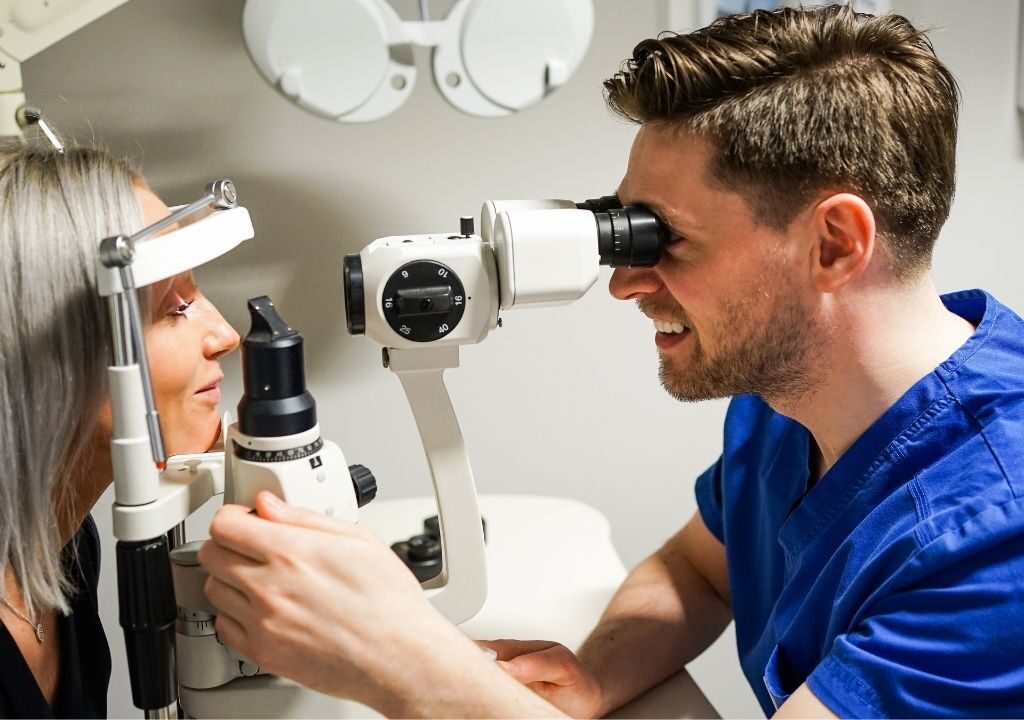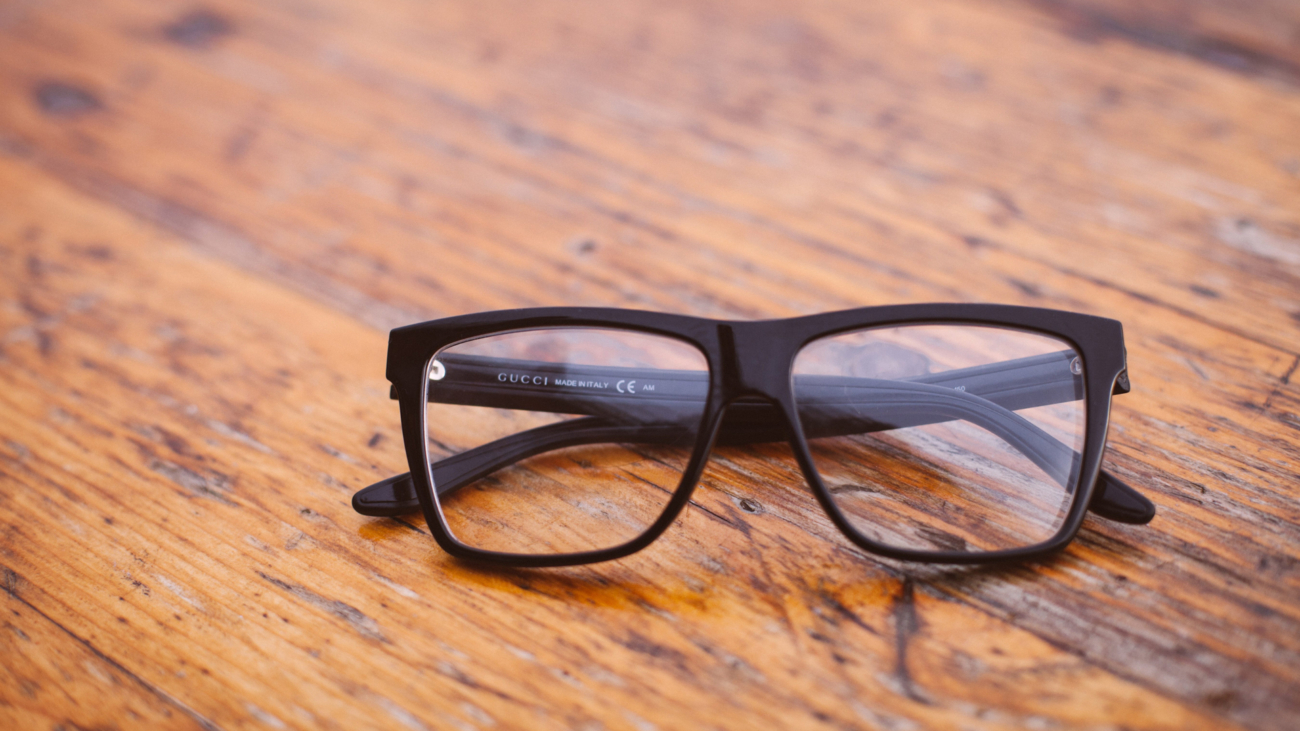If you’re considering laser eye surgery in Sydney, it’s important to understand the various options available to you. Laser eye surgery is a popular procedure that can correct vision problems and eliminate the need for glasses or contact lenses. In this article, we will explore the basics of laser eye surgery, the types of procedures available in Sydney, how to choose the right clinic, and what to expect before and after the surgery.
Understanding Laser Eye Surgery
The Basics of Laser Eye Surgery
Laser eye surgery, also known as refractive surgery, is a revolutionary procedure that has transformed the lives of millions of people worldwide. By utilizing advanced laser technology, this procedure reshapes the cornea to correct common vision problems such as nearsightedness, farsightedness, and astigmatism. The most popular types of laser eye surgery sydney include LASIK (Laser-Assisted in Situ Keratomileusis), PRK (Photorefractive Keratectomy), and SMILE (Small Incision Lenticule Extraction).
During LASIK surgery, a thin flap is created on the cornea, allowing the laser to reshape the underlying tissue. PRK involves removing the outer layer of the cornea before reshaping it with the laser. SMILE, on the other hand, is a minimally invasive procedure that creates a small incision to extract a lenticule from the cornea, correcting the patient’s vision.
Benefits and Risks of Laser Eye Surgery
Laser eye surgery offers a myriad of benefits that go beyond just improving vision. Patients who undergo this procedure often experience a significant reduction in their dependence on glasses or contact lenses, leading to a newfound sense of freedom and convenience in their daily lives. Additionally, the enhanced quality of vision provided by laser eye surgery can boost confidence and overall well-being.
Despite its numerous advantages, laser eye surgery does come with potential risks that should not be overlooked. Complications such as dry eyes, halos, glare, and undercorrections are possible outcomes that vary from patient to patient. It is crucial for individuals considering laser eye surgery to have a thorough discussion with their surgeon about these risks and carefully evaluate them in comparison to the benefits before proceeding with the procedure.

Types of Laser Eye Surgery Available in Sydney
LASIK: The Most Common Procedure
LASIK, which stands for laser-assisted in situ keratomileusis, is the most common laser eye surgery procedure in Sydney. It involves creating a thin flap on the cornea, reshaping the underlying tissue with a laser, and then repositioning the flap. LASIK offers fast recovery and minimal discomfort, making it a popular choice for many patients.
During a LASIK procedure, the patient’s eye is numbed with eye drops, and a special instrument called a microkeratome or femtosecond laser is used to create the corneal flap. The excimer laser is then applied to reshape the cornea, correcting nearsightedness, farsightedness, and astigmatism. The entire process typically takes only a few minutes per eye, and most patients notice a significant improvement in their vision immediately after the surgery.
PRK: An Alternative to LASIK
Photorefractive keratectomy (PRK) is another type of laser eye surgery available in Sydney. Unlike LASIK, PRK does not involve creating a corneal flap. Instead, the outer layer of the cornea is removed before reshaping the tissue with a laser. Although the recovery period is longer compared to LASIK, PRK can be an excellent option for individuals with thin corneas or other corneal irregularities.
PRK is often recommended for patients with corneas that are too thin for LASIK or those involved in activities where there is a risk of eye trauma. The procedure starts with the removal of the thin outer layer of the cornea, followed by the application of the excimer laser to reshape the cornea. While the initial recovery period may be longer and slightly more uncomfortable than LASIK, many patients achieve excellent visual outcomes with PRK.
SMILE: The Latest Advancement in Laser Eye Surgery
Small incision lenticule extraction (SMILE) is a newer type of laser eye surgery that is gaining popularity in Sydney. It involves creating a small incision in the cornea and using a laser to gently remove a small portion of corneal tissue, thereby correcting the refractive error. SMILE offers certain advantages over LASIK and PRK, such as a smaller incision and potentially faster recovery time. However, it may not be suitable for all patients.
SMILE is a minimally invasive procedure that aims to combine the benefits of LASIK and PRK while minimizing the drawbacks. By creating a smaller incision and removing a lenticule of tissue through that opening, SMILE aims to provide patients with a quick recovery and reduced risk of dry eye post-surgery. This innovative technique is particularly appealing to individuals with active lifestyles or professions that may put them at a higher risk of eye injuries. Learn more about active lifestyles at https://www.kent.edu/magazine/maintaining-active-lifestyle
Choosing the Right Laser Eye Surgery Clinic in Sydney
When it comes to selecting a laser eye surgery clinic in Sydney, the decision-making process can be both exciting and overwhelming. Your eyes are precious, and entrusting them to a clinic requires careful consideration. Beyond the basic factors to consider, such as location and cost, delving deeper into the clinic’s reputation within the medical community can provide valuable insights. Look for reviews and testimonials from previous patients to gauge their satisfaction levels and outcomes.
Moreover, the experience and qualifications of the surgeons at the clinic play a pivotal role in ensuring a successful outcome. Research their backgrounds, including their training, certifications, and years of experience in performing laser eye surgeries. A surgeon who specializes in the specific procedure you’re interested in can offer a higher level of expertise and precision.
Factors to Consider When Choosing a Clinic
When selecting a laser eye surgery clinic in Sydney, there are several factors to consider. These include the clinic’s reputation, the experience and qualifications of the surgeons, the technology and equipment used, and the level of patient care and support provided. It’s essential to research different clinics and schedule consultations to make an informed decision.
Questions to Ask Your Potential Surgeon
During your consultation with a potential surgeon, it’s important to ask relevant questions to gain a better understanding of their expertise and the procedure itself. Some questions to consider asking include the surgeon’s success rate, their experience with the specific type of laser eye surgery you’re considering, the expected outcomes and potential risks, and the post-surgery care and follow-up process.
Preparing for Laser Eye Surgery
Pre-Surgery Consultation and Examination
Prior to laser eye surgery, you will undergo a thorough consultation and examination with your surgeon. This will include a review of your medical history, an assessment of your current eye health, and various tests to determine the best approach for your specific needs. Your surgeon will also provide detailed instructions on how to prepare for the surgery, including any necessary medication adjustments or lifestyle modifications.
During the consultation, your surgeon will take the time to address any concerns or questions you may have about the procedure. They will explain the different types of laser eye surgery available, such as LASIK or PRK, and help you understand the potential risks and benefits of each option. This personalized approach ensures that you are well-informed and comfortable with your decision to undergo laser eye surgery.
What to Expect on the Day of Surgery
The day of your laser eye surgery in Sydney can be both exciting and nerve-wracking. It’s normal to feel anxious, but rest assured that the procedure is usually quick and painless. You will be given topical anesthesia to numb your eyes, and the surgeon will guide you through each step of the surgery. After the procedure, you will be provided with post-operative instructions and scheduled for a follow-up appointment.
On the day of surgery, it’s important to have a trusted friend or family member available to drive you home, as your vision may be temporarily blurred or compromised. Your surgeon will also recommend taking it easy for the rest of the day and avoiding strenuous activities to promote proper healing. Remember, while the immediate results of laser eye surgery can be impressive, full visual recovery may take some time as your eyes adjust to their new state. To read more about full visual recovery click here.

Post-Surgery Care and Recovery
Immediate Aftercare Following Surgery
After laser eye surgery, it’s crucial to follow your surgeon’s post-operative care instructions to ensure optimal healing and recovery. This may include wearing protective eye shields, using prescribed eye drops, avoiding strenuous activities, and attending follow-up appointments to monitor your progress. It’s normal to experience some discomfort and temporary vision changes during the initial healing phase.
During the immediate aftercare period, it’s important to avoid rubbing your eyes, as this can interfere with the healing process and potentially lead to complications. Additionally, following a healthy diet rich in vitamins and minerals can support the healing of your eyes and overall well-being.
Long-Term Care and Maintenance for Optimal Results
Although laser eye surgery can provide clear vision, it’s important to note that the results may not be permanent. It’s crucial to maintain good eye health by attending regular eye exams, protecting your eyes from injury and UV exposure, and following any additional guidelines provided by your surgeon. By doing so, you can maximize the longevity of your laser eye surgery results.
Furthermore, incorporating eye exercises into your daily routine can help strengthen your eye muscles and improve focus, contributing to enhanced visual acuity over time. Proper hydration and adequate sleep are also essential factors in maintaining eye health and supporting the healing process post-surgery.
Read more

